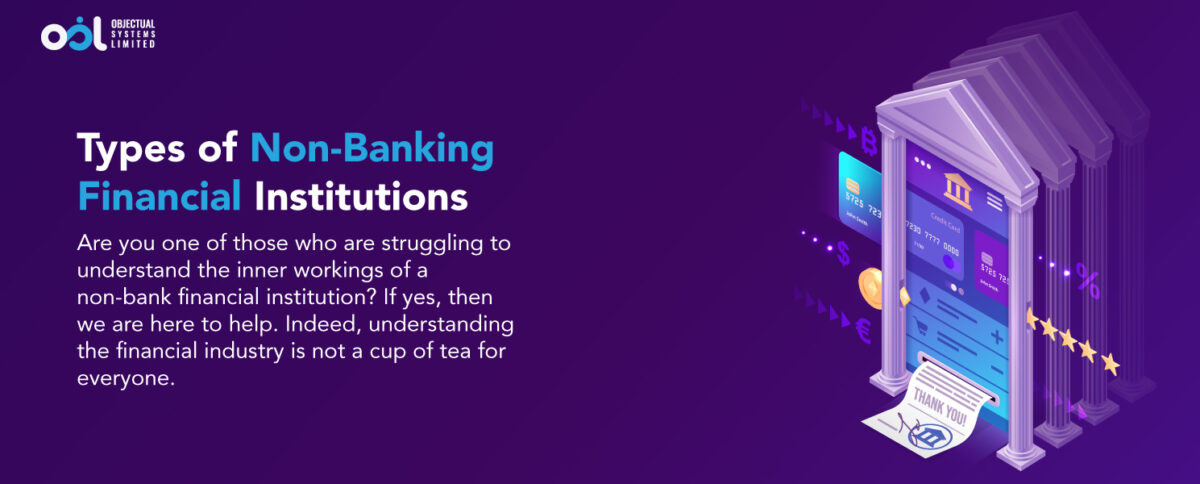Are you one of those who are struggling to understand the inner workings of a non-bank financial institution? If yes, then we are here to help. Indeed, understanding the financial industry is not a cup of tea for everyone. There are plenty of factors and sectors to get a strong grip with and each one of them has its criteria. You may find it a daunting task but believe me; you will get help to make the relevant decisions when it comes to your own investment choices.
A non-bank financial institution (NBFI) requires deep insights to fully understand. In this blog, you will find helpful information to assess the best financial routes you should go for. It is an institution that offers financial products and loans that are not fully licensed by the bank. These institutions provide more flexibility and leverage in terms of fees and rates to their customers. You are allowed to get low-cost loans to generate more competition in the banking world, in this way it competes directly with banks.
The priority of many people is to consider NBFI while looking for a loan for personal or business use. There are some of the most common types of NBFI are discussed below:
Insurance Companies
Insurance companies deal with economic risks like damage, death, and risks to return. There are two main types of insurance companies: life insurance and general insurance. Life insurance is a long-term contract because it goes until the death of the insurer while the general one is the short-term contract.
Payday Lenders
Payday lending companies are the specialized ones that are known to provide limited financial services and short-term loans to the targeted demographic segment. Payday lenders are the quick solution for borrowers with unsecured business loans. One should prefer this way of financing to get credit or with limited resources to fund.
Financial Service Providers
Financial service providers are a team of security and mortgage brokers, financial advisers, and management consultants. They provide services on a fee basis to brokers or investors to liquidate their assets.
Institutional Investors
These investors trade securities in volume that meet the criteria for a lower commission. These non-bank financial institutions can come into being with mutual funds and pension funds.
Hopefully, at this point, you have a clear understanding of the operations of non-bank financial institutions to some extent. Nonbank lenders are regulated but unlike banks, as they do not hold a banking license. But there are proper lending policies just like banks but dissimilar then banks. You can compare the home loan policies from banks or non-bank financial institutions.
The main reason for opting for the non-bank financial institution rather than the bank is the level of eligibility. You can have a bigger line of credit that is unlikely to have from the bank. Be mindful when you are planning to get the loan from NBFI that you have the means to pay back the loan with interest. It is essential to check the interest out and compare with the market to avoid any massive surprises later. Make sure that the fees are feasible for you and what kind of service charges you are supposed to pay for the loan.

